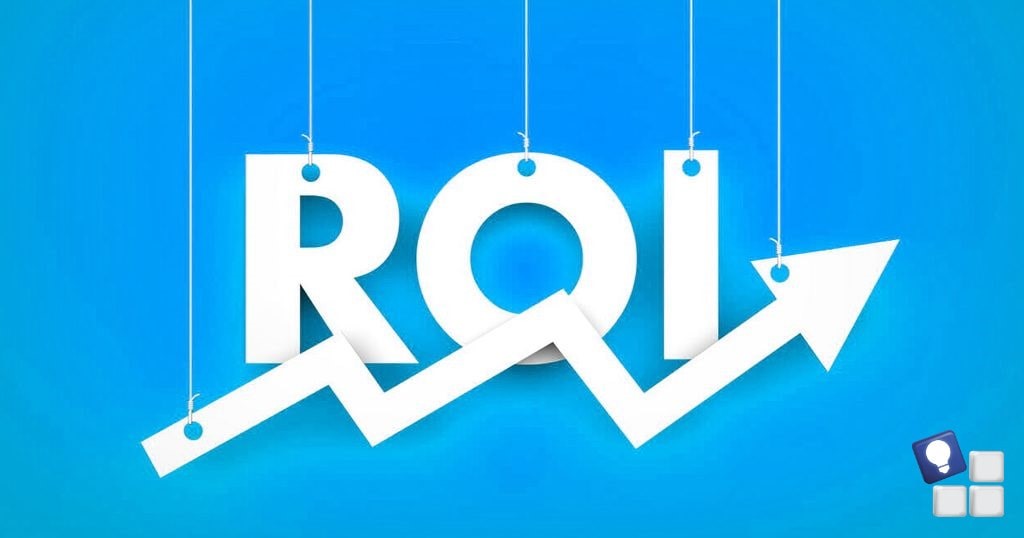Your business income is directly related to the level of trust you build with your customers. Businesses that generate exceptionally high levels of income (like national brands) are highly reputable and trusted in the public sphere. However, they didn’t build long-lasting trust through a short-term strategy.
Highly profitable businesses approach trust-building as a long-term, perpetual strategy. It’s woven into their business plan, business model, company culture, and marketing efforts.
Trust should be your top priority
Marketing, sales, and training are important to focus on. However, building trust should remain at the top of your list. You can always hire experts and replace employees who don’t perform well, but you only get one chance to build trust and it can disappear in a moment.
Building trust accomplishes the following:
- Increases the frequency of word-of-mouth advertising
- Increases the perceived value of your services
- Generates long-term customers
All of these things directly influence your ROI.
It’s the little things that count
Sometimes building trust is as simple as making life easier for your customers. In an article titled 6 Ways to Earn a Tenant’s Trust (and Why it Matters), Green Residential makes the connection between building trust and making life easier for tenants. For instance, the article explains that reducing the number of individual bills a tenant must pay helps the tenant budget their monthly living costs. Some tenants struggle to pay bills that fluctuate, so including the cost of electricity in the rent is a trust-building strategy.
A tenant who trusts their landlord will pay rent on time, communicate, and cooperate. A cooperative tenant is more likely to remain in the unit long-term, generating reliable long-term income for the landlord. The same is true for any business, regardless of what you sell.
Earning trust is important, but maintaining trust is essential
Trust isn’t something you build and walk away from. Once established, trust must be maintained by consistently aligning your business with the image you project to the world. You can’t afford to mess that up. Sometimes one incident is enough to diminish trust and tank revenue. For instance, corporations found to be environmentally irresponsible are quickly boycotted by formerly loyal consumers.
Companies boycotted for environmental mishaps didn’t necessarily project an environmentally-friendly image to the world, but consumers have a general expectation that businesses aren’t exploiting people and the earth. It’s an implied level of trust that is irreparable when broken.
Egregious offenses are especially damaging to a company. For instance, a large number of consumers have boycotted Nestlé for extracting millions of liters of water daily from Six Nations treaty land – a location in Canada where 91% of residents don’t have running tap water. Nestlé is a multi-national corporation. Although boycotts hurt profits, they’re not going out of business anytime soon. However, a similar situation would completely tank a small business.
Recovering lost trust is an uphill battle
Avoiding lost trust is perhaps the biggest reason to continually earn and maintain trust. Once your customer base feels like they can’t trust you or your company, it’s extremely difficult to recover.
There are consumers who will continue supporting a company even when presented with evidence of major transgressions. However, you can’t count on your entire customer base being that way. Even if most of your existing customers support you, you’ll struggle to generate new customers. Lost trust results in a damaged reputation and recovering is an uphill battle.
You need to give your customers and potential customers every reason to trust you. This means avoiding getting involved in activities that would diminish that trust while continuously working to build and strengthen existing trust.
For example, sending existing customers worthwhile coupon codes, deals, and discounts is one way to strengthen existing trust. Genuine deals make customers feel appreciated and feeling appreciated contributes to trust.
Build trust to become a customer’s first choice
A business’ profits reflect the level of trust held by its customers. People won’t buy from a business they don’t trust, and they’ll buy more frequently from businesses they do trust.
A business that becomes the customer’s first choice will receive the lion’s share of profits in their market. The more trust you can build and maintain among your customers and in the public eye, the more likely that you’ll become a customer’s first choice.




